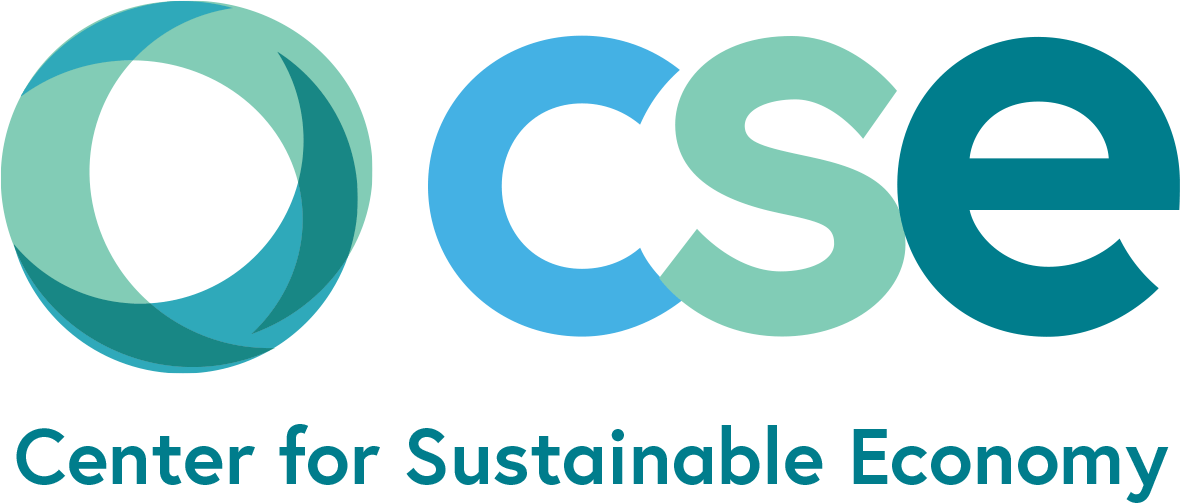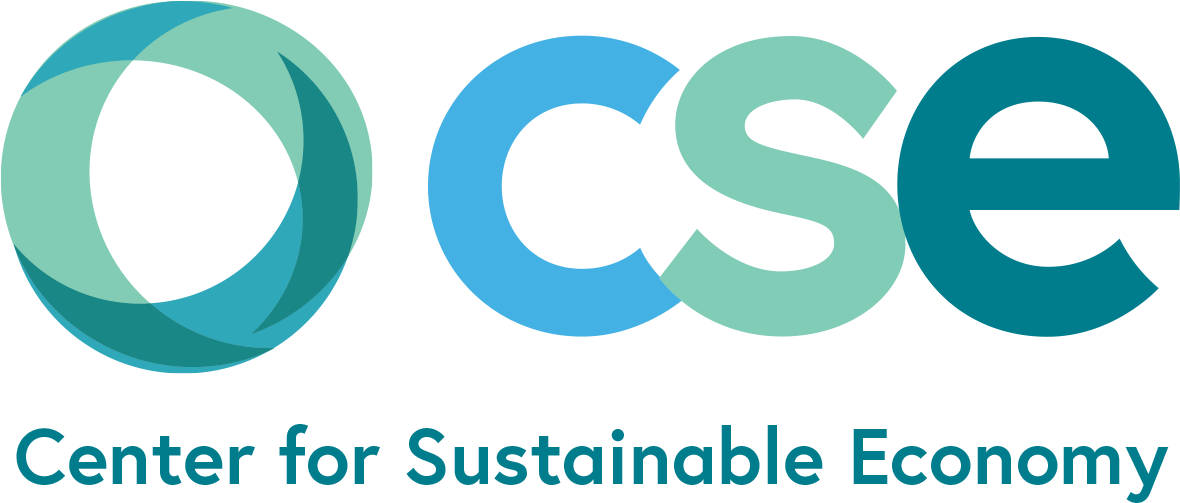ABOUT US
CSE is a 501c (3) non-profit think tank and advocate for systemic change to address the world’s converging crises.
OUR MISSION
At Center for Sustainable Economy, we work with partners to accelerate the transition to a sustainable and just society. We believe that an economy based on renewable energy, public transit, thriving native ecosystems, local business and cultural diversity is one that delivers genuine progress for all. The transition we seek is long overdue, and won’t come from a handful of experts talking to a handful of decision makers. Instead, we believe that the systemic changes we seek must evolve naturally from an engaged and informed electorate, conscientious consumers, businesses that have community wellbeing as a core value, politicians who are willing to be bold, and strong social movements.
WHAT WE DO
Center for Sustainable Economy conducts peer-reviewed research on the full range of sustainable development challenges humanity faces, including climate change, deforestation, extinction, inequality and poverty. We develop innovative solutions such as new measures of progress and new policies to expedite the transition to renewable energy. We are also vocal advocates for change, using legislative and administrative processes, the courts, and grassroots mobilization to achieve our goals.
OUR HISTORY
In the late 1980s a group banded together in Eugene, Oregon to challenge timber sales on federal forestlands that were driving the northern spotted owl and the ancient forest ecosystems on which it depends into extinction. As Forest Conservation Council, we had an instrumental role in securing protection for these forests under the Northwest Forest Plan that was adopted by the US Forest Service and Bureau of Land Management under President Clinton’s direction.
Over the subsequent years our non-profit received numerous requests for help with mapping and inventory projects, economic analysis, preparation of model legislative vehicles and technical assistance with challenging major projects and programs such as new coal mines, fossil fuel export facilities, cell towers, highways, offshore oil and gas leases, and logging projects across the nation. Out of this wealth of expertise we transformed the organization into the environmental economics think-tank-do-tank it is today.
MEMBERSHIP
Becoming a member of Center for Sustainable Economy helps us make the case for broad-based support of the policy changes we seek and helps give voice to those who support our vision and goals but cannot devote precious time to every new project or opportunity that comes along. CSE has four separate types of memberships that serve separate purposes. Please identify the category that fits and follow the link to join. Membership categories include:
- Individual members – The basic membership fee is $35. You will receive updates and alerts and be given advance notice of upcoming events, both indoors and out.
- Business members – The business membership fee is $100. Your business will be listed as a supporter and given ad space on our periodic newsletters. We will also give you the option to sign on as a supporter of specific initiatives when voices from the business community are critical to our success.
- Organizational members – The organizational membership fee is $50. Your non-profit or citizen group will be listed as a supporter and given ad space for your events and alerts on our periodic newsletters. We will also give you the option to sign on as a supporter of specific initiatives when voices from citizen groups are critical to our success.
- Active members – There is no fee for active members in exchange for an in-kind contribution of time or materials. Active members are individuals or organizations we collaborate with on specific projects or initiatives.
PEOPLE
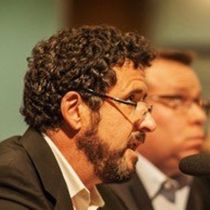
John Talberth, Ph.D.
President and Senior Economist
John is the founder of Center for Sustainable Economy and currently serves as both President and Senior Economist. John coordinates consulting work with non-profits, businesses, universities, and government agencies seeking environmental economics expertise and analysis to support their sustainability initiatives and programs. He also helps lead work on CSE’s Forests for Climate Change and Biodiversity, Genuine Progress, and Green Infrastructure Programs. FULL BIO >
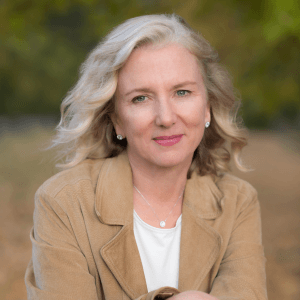
Daphne Wysham
Climate Justice Program Fellow
Daphne Wysham is a Climate Justice fellow with the Center for Sustainable Economy and serves as CEO of Methane Action. A former Fellow at the Institute for Policy Studies in Washington, D.C., where she worked for 20 years, Daphne has worked since the mid-1990s on research and advocacy at the intersection of climate justice and sustainable economies. FULL BIO >
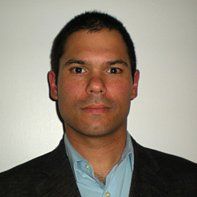
Dr. Nejem Raheem
Economics Fellow
Dr. Nejem Raheem serves as an environmental economics fellow at CSE in the Green Infrastructure Program and the New Measures of Progress programs. Most recently, he has worked on CSE projects analyzing the economic impacts of infrastructure development in arctic Alaska. Nejem is an assistant professor of economics at Emerson College in Boston with over 10 years of experience as an environmental economist. FULL BIO >
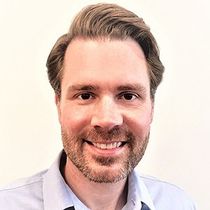
Evan Branosky
Environmental Policy Fellow
Evan Branosky is an environmental policy fellow at the Center for Sustainable Economy. With CSE, Evan has coauthored reports on the net public benefits of the proposed U.S. Outer Continental Shelf Oil and Gas Leasing Program for 2012 to 2017 and the Chuitna Coal Project of Beluga Coal Fields, Alaska. His main focus since 2007 has been on water quality; specifically analyzing and developing market- and performance-based programs seeking to reduce the cost of achieving water quality standards in impaired U.S. waters. Evan holds an M.P.P in environmental policy from the University of Maryland where his final project assessed water needs for hydraulic fracturing in the Marcellus shale. His B.S. from Rutgers University is in agricultural science.
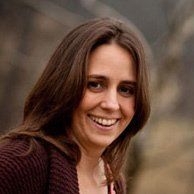
Susan Leopold
Board Treasurer
Susan Leopold, PhD, is an ethnobotanist and passionate defender of biodiversity. Over the past 20 years, Susan has worked extensively with indigenous peoples in Peru and Costa Rica. She is the Executive Director of United Plant Savers and Director of the Sacred Seeds Project. Prior to working at United Plant Savers, she worked as a librarian at the Oak Spring Garden Library, specializing in digitizing rare herbals and botanical travel manuscripts. She currently serves on the Board of Directors for Botanical Dimensions and the Center for Sustainable Economy. She is an advisory board member of American Botanical Council. She is a proud member of the Patawomeck Indian Tribe of Virginia and the author of the children's book Isabella's Peppermint Flower, teaching about Virginia's botanical history. She lives on and manages a productive farm, the Indian Pipe Botanical Sanctuary with her three children in Virginia, where she raises goats, peacocks, and herbs. She is an avid recreational tree climber, in love with the canopy just as much as the herbs of the forest floor.
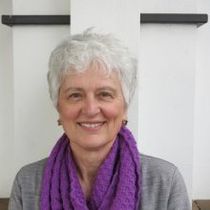
Dr. Kelly O'Hanley
Board Secretary
Dr. Kelly O’Hanley is a board member of the Center for Sustainable Economy. An obstetrician gynecologist with a degree in public health, she has worked in almost 40 countries to foster the health of mothers and babies. She has taught the next generation of physicians at Stanford and Harvard Universities. She has had a lifelong interest in environmental protection. She is currently active in Portland, Oregon with Greenpeace Pacific Northwest, and is also affiliated with Oregon Physicians for Social Responsibility and has provided testimony on their behalf at numerous fossil fuel terminal hearings.
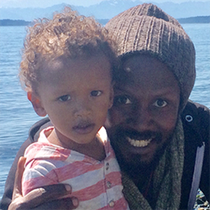
Anthony Rogers-Wright
Board Member
Selected as one of the "Grist.org 50 People You’ll Be Talking About" in 2016, Anthony K. Rogers-Wright has over ten years of policy analysis, community organizing and outreach/advocacy experience, and works as a Policy Fellow with the Climate Justice Alliance. While serving as a policy analyst for various environmental consulting firms in California and Colorado, he specialized in land use, Clean Air Act and environmental justice compliance. He has used his organizing and outreach experience to advocate for a variety of social justice campaigns including affordable health care access, decreasing the income inequality divide, and civil rights for LGBT citizens. FULL BIO >
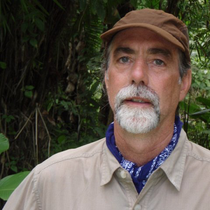
Richard Mietz
Vice President
As a former public interest attorney based in Santa Fe, New Mexico, he represented various public interest “watchdog” organizations in New Mexico in numerous successful Freedom of Information Act lawsuits for almost 20 years. His former clients include Citizen Action, Nuclear Watch New Mexico, The Los Alamos Study Group, Forest Guardians, Forest Conservation Council, and Animal Protection of New Mexico. His legal work also included public interest advocacy as a staff counsel and policy advisor for the New Mexico Public Regulation Commission. His background and experience also includes media relations, community organizing, and organizing public events, including as a Director of the annual public-interest law conference at the University of Oregon. His current work with CSE and other non-profits focuses on law and policy analysis in support of various environmental causes.
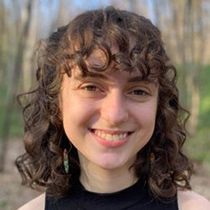
Ella Carlson
Research Intern
Ella is a research intern at the Center for Sustainable Economy. She is a 2021 graduate of Smith College with a B.A. in Environmental Science & Policy. Her studies focused on political ecologies of the Americas, and outside of class, she organized with Divest Smith College. She grew up in Western Massachusetts on the ancestral homeland of the Mohican people, and she is currently based there. Ella is currently working on research on oil refinery decommissioning with CSE.
JOIN OUR TEAM
Jobs and Internships
Staff positions
No positions are currently available
Internships
No positions are currently available
